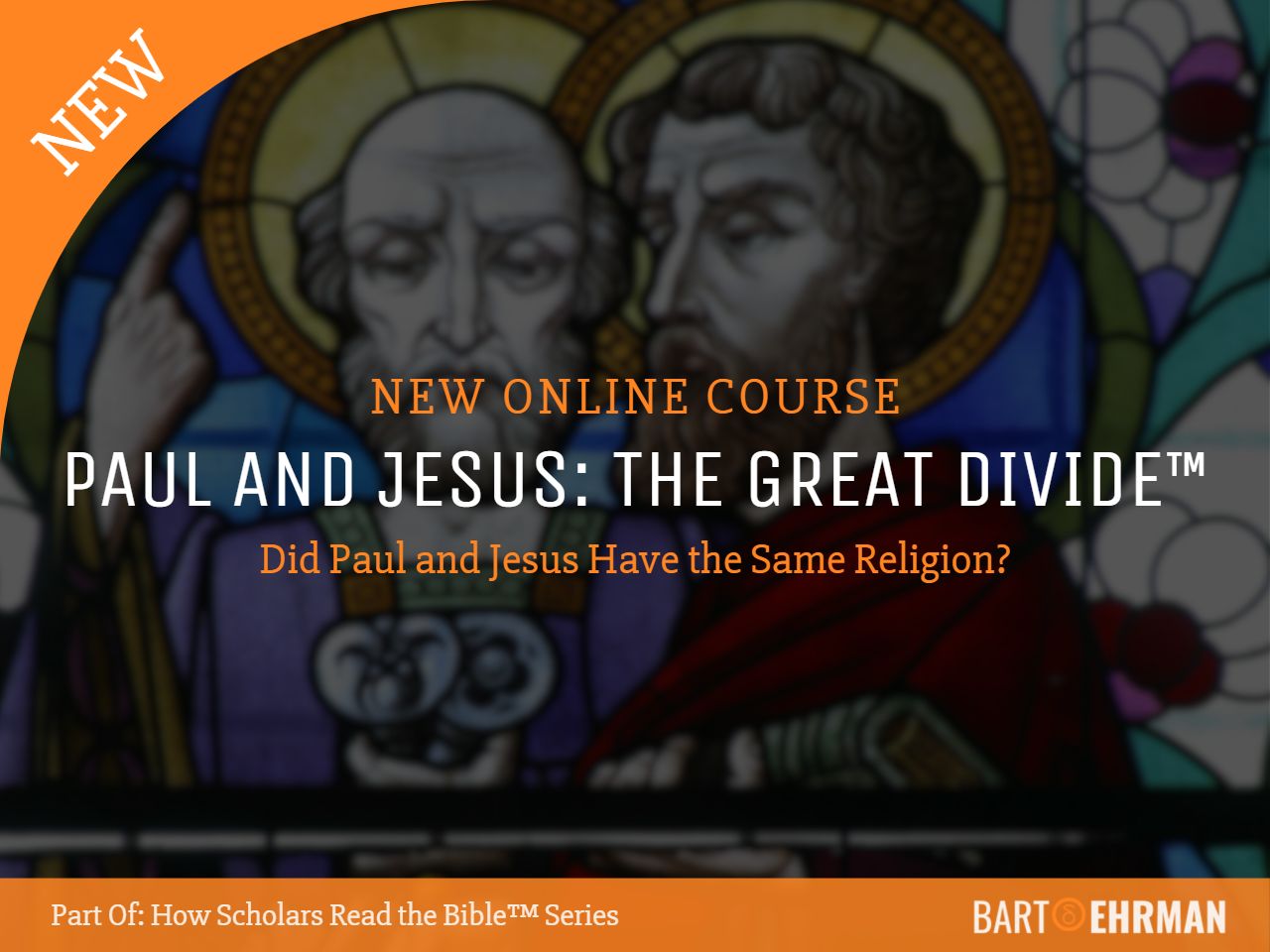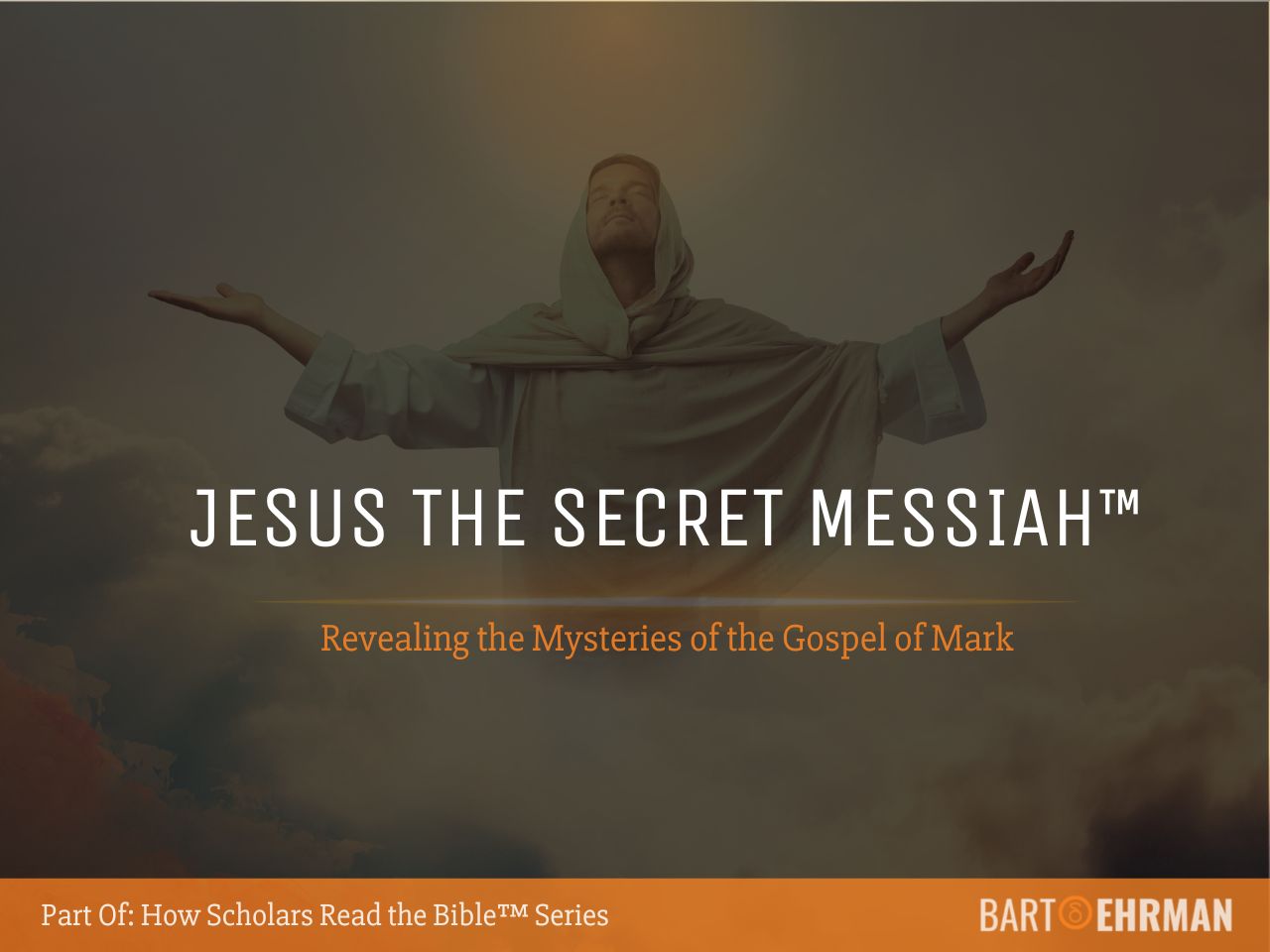What is Catholicism? (And What Do Catholics Believe?)
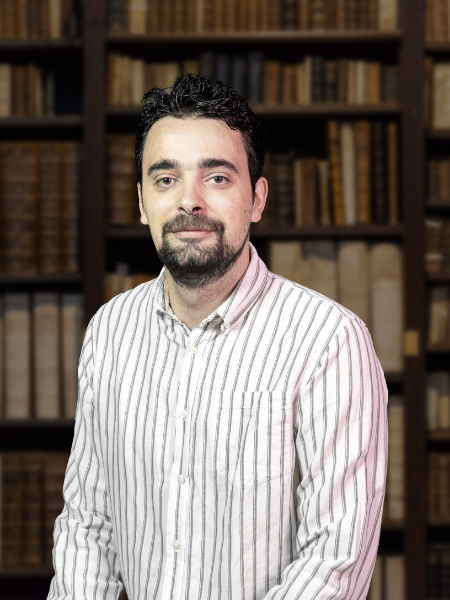
Written by Marko Marina, Ph.D.
Author | Historian
Author | Historian | BE Contributor
Verified! See our guidelines
Verified! See our editorial guidelines
Date written: March 18th, 2024
Disclaimer: The views and opinions expressed in this article belong to the author and do not necessarily match my own. - Dr. Bart D. Ehrman
With over a billion adherents worldwide, Catholicism represents one of the most influential forces in history. Its institutions, beliefs, and practices have shaped societies, inspired art and architecture, and continue to play a significant role in the lives of millions. This article aims to provide a historical overview of the core elements of Catholicism.
To understand a faith tradition as complex as Catholicism, a scholarly approach is essential. This involves examining the development of its beliefs, practices, and institutions from a neutral scholarly perspective. Raised in the Catholic religion myself, I recognize the inherent biases that may come with my upbringing; however, I endeavor to approach this exploration with a scholarly and neutral perspective.
It's important to note that within the broad spectrum of Catholicism, there exist various types of Catholics, including Eastern Catholics, Old Catholics, and Anglican Catholics, among others. However, our focus will be predominantly on Roman Catholicism, which represents the largest group within this diverse religious family.
This article begins by defining Catholicism and outlining its central beliefs. Next, we'll explore the practices that shape the lives of Catholics, including the unique significance of the sacraments. Finally, we'll address some common questions and potential areas of misunderstanding to provide further clarity about Catholic traditions.
But before we delve into the rich tapestry of Catholicism, consider deepening your understanding of the Christian tradition with the online course "Jesus and Paul: the Great Divide." Taught by renowned scholar of early Christianity, Bart D. Ehrman, this course offers a scholarly analysis of the similarities and differences between these two pivotal figures in the history of Christianity.
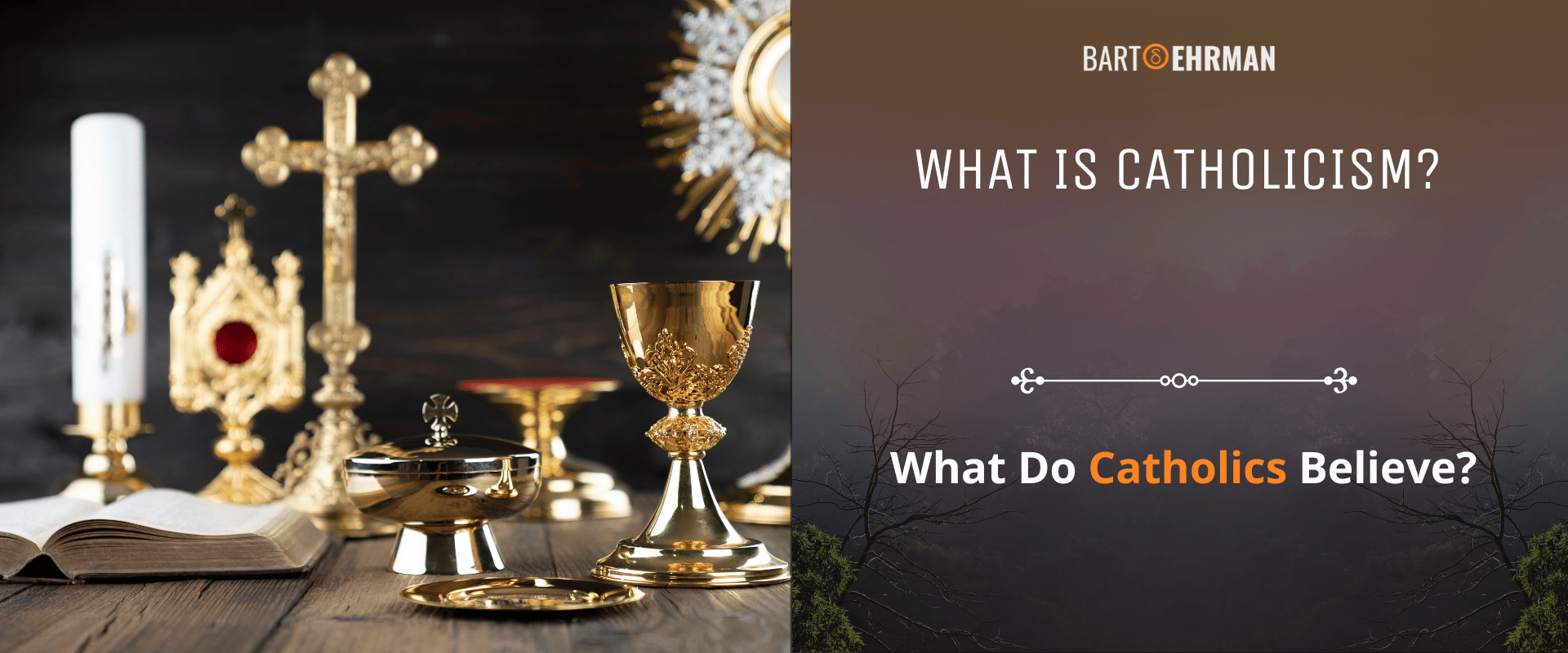
What is Catholicism? A Brief Overview
To understand Catholicism, it's helpful to consider its historical roots. While Catholics consider their church to represent the original Christian community founded by Jesus, a significant historical event shaped its unique identity: the Great Schism of 1054.
This marked a gradual divergence between the Eastern (Orthodox) and Western (Roman Catholic) branches of Christianity, influenced by theological differences, cultural factors, and disputes over authority.
The role of the Papacy is fundamental in understanding what sets Catholicism apart and brings into focus the question, "Who founded the Catholic Church?". According to Catholic tradition, the answer lies in the figure of Saint Peter, whom Catholics believe was appointed by Jesus as the head of his disciples and the first Bishop of Rome.
This appointment by Christ makes Peter and his successors, including the current Pope, pivotal figures in the leadership and continuity of the Catholic Church. The belief in the continuing apostolic authority of the Pope in Rome was one factor contributing to a growing separation from the Eastern Churches.
However, defining Catholicism extends beyond its historical schisms and the role of the Papacy. At its core, Catholicism is a Christian tradition that claims to be rooted in the teachings of Jesus Christ and the scriptures of the Bible.
It emphasizes the sacraments as means of grace, particularly the Eucharist, and adheres to doctrines such as the Trinity, the Virgin Mary's Immaculate Conception, and the Communion of Saints. Each of these Catholic beliefs will be explained below.
Moreover, the Catholic Church is known for its significant contributions to education, healthcare, and social services, as well as its important role in shaping Western civilization. Some scholars even argued that the Catholic Church helped in the emergence of scientific evolution during the 16th and 17th centuries.
On the darker side, the history of the Catholic Church is also marked by the institution of the Inquisition, forced conversions in places such as South America, and waging wars against those labeled as heretics. These darker chapters reflect the complexities and challenges within the Church's history, underscoring the importance of a nuanced understanding of its legacy.
Addressing the question, "Are Catholics Christians?" from a scholarly perspective requires an acknowledgment of the broad spectrum that constitutes Christianity. Catholicism represents a significant branch of Christianity, alongside others like Protestantism and Orthodoxy. It's not separate from Christianity but rather an integral part of the Christendom.
To further understand the essence of the Catholic Church, we must turn our attention to the fundamental Catholic beliefs and practices.
What Do Catholics Believe? A Look at the Core of Catholicism
Distinct from numerous polytheistic religions of the ancient world, every branch of Christianity places significant emphasis on its core beliefs and doctrines. So, let’s take a look at some of the foundational beliefs that constitute the essence of the Catholic Church.
The Nature of God
Central to Catholic beliefs is the concept of the Holy Trinity, which posits that God exists as three distinct persons in one essence: the Father, the Son, and the Holy Spirit. This doctrine articulates a God who is simultaneously singular yet triune in persons.
The Father is seen as the creator of the universe, the Son is Jesus of Nazareth, who is both divine and human, and the Holy Spirit is understood as the presence of God's power and love in the world. While complex, the Trinity is fundamental in Catholicism, illustrating a unique relationship between these three personas without compromising the oneness of God.
The development of Trinitarian theology was a complex process spanning centuries within early Christianity, with fierce debates about the relationship between the Father, Son, and Holy Spirit.
As it turns out, early Christian groups had different understandings of not only the exact nature of Jesus but also of his relationship with the Father and the Holy Spirit. To those intrigued by this, I highly recommend Bart Ehrman’s captivating bestseller “Lost Christianities.” You won’t be disappointed!
Eventually, Trinitarian theology was forged and affirmed in Church councils such as the Council of Nicaea (325 C.E.), the Council of Constantinople (381 C.E.), and the Council of Chalcedon (451 C.E.). For Catholics, the doctrine of the Trinity is “the expression of the historical side of God and, therefore, of how God appears in history.”
Jesus of Nazareth
In Catholicism, Jesus of Nazareth holds a pivotal role as both the Savior of humanity and the second person of the Holy Trinity, fully divine and fully human. His life, death, and resurrection are seen as the fulfillment of God's promise of salvation to humanity.
As the central document and the reference work for the Catholic’s beliefs and practices explain: “At the heart of catechesis, we find, in essence, a Person, the Person of Jesus of Nazareth, the only Son from the Father. . who suffered and died for us and who now, after rising, is living with us forever.”
Catholics view Jesus as the incarnation of God on Earth, whose teachings and sacrifices offer a path to eternal salvation. This perspective emphasizes the duality of Jesus' nature, acknowledging his divine origins while also recognizing his human experiences and sufferings.
Scripture and Tradition
In contrast to the Protestant Sola Scriptura principle, Catholic beliefs are grounded not only in the Bible but also in the traditions and writings of the Church Fathers such as Jerome and Augustine.
Furthermore, the Catholic Bible comprises 73 books, including seven in the Old Testament not found in the Protestant Bible, reflecting a broader canon. This difference underscores the Catholic Church's emphasis on the dual importance of Scripture and Tradition.
Tradition encompasses the teachings, practices, and authority handed down through the ages, including the writings of early Church Fathers and ecumenical councils, which together with Scripture, guide the faithful in understanding God's will.
Richard P. McBrian explains the relationship between the Scripture and Tradition in Catholicism: “The Scripture is itself a product of Tradition. It’s not as if you first have Scripture and then you have Tradition (which is, among other things, the Church’s subsequent reflection on Scripture). Tradition comes before and during, and not just after, the writing of Sacred Scripture.”
Salvation in the Roman Catholic Church
The issue of salvation brings up one of the most important differences between Catholicism and Protestantism. Catholics believe that salvation is a process involving faith, grace received through the sacraments, and good works as expressions of faith and obedience to God's commandments.
Protestants, on the other hand, generally adhere to the principle of "sola fide," or faith alone, asserting that salvation is received through faith in Jesus as Savior and Lord, independent of human works. While good works are seen as a natural outcome of genuine faith, they aren’t considered a means to obtain salvation but rather evidence of it.
Catholicism and Papacy: The Nature of Authority
The Pope's role as the successor to Peter, the first bishop of Rome, is a cornerstone of Catholicism. This position has evolved over centuries, embodying the spiritual leadership and authority of the Catholic Church.
Interestingly enough, despite the weighty tradition, the historical breadcrumbs leading Peter to Rome, let alone establishing him as its first bishop, are surprisingly scant. It's moments like these where my love for history can't help but cheekily overstep, pondering the vast narratives built on such elusive historical foundations.
Nevertheless, in Catholicism, the Pope is considered the Vicar (representative) of Christ on Earth, with a unique role in defining doctrine, guiding the faithful, and ensuring the unity of the Church worldwide. His authority, rooted in the idea of apostolic succession, symbolizes for Catholics continuity with the early Christian community established by Jesus and his apostles.
Beyond his leadership within the Church, the Pope also serves as a global figure, engaging in diplomatic relationships with nations and advocating for different policies and ideas.
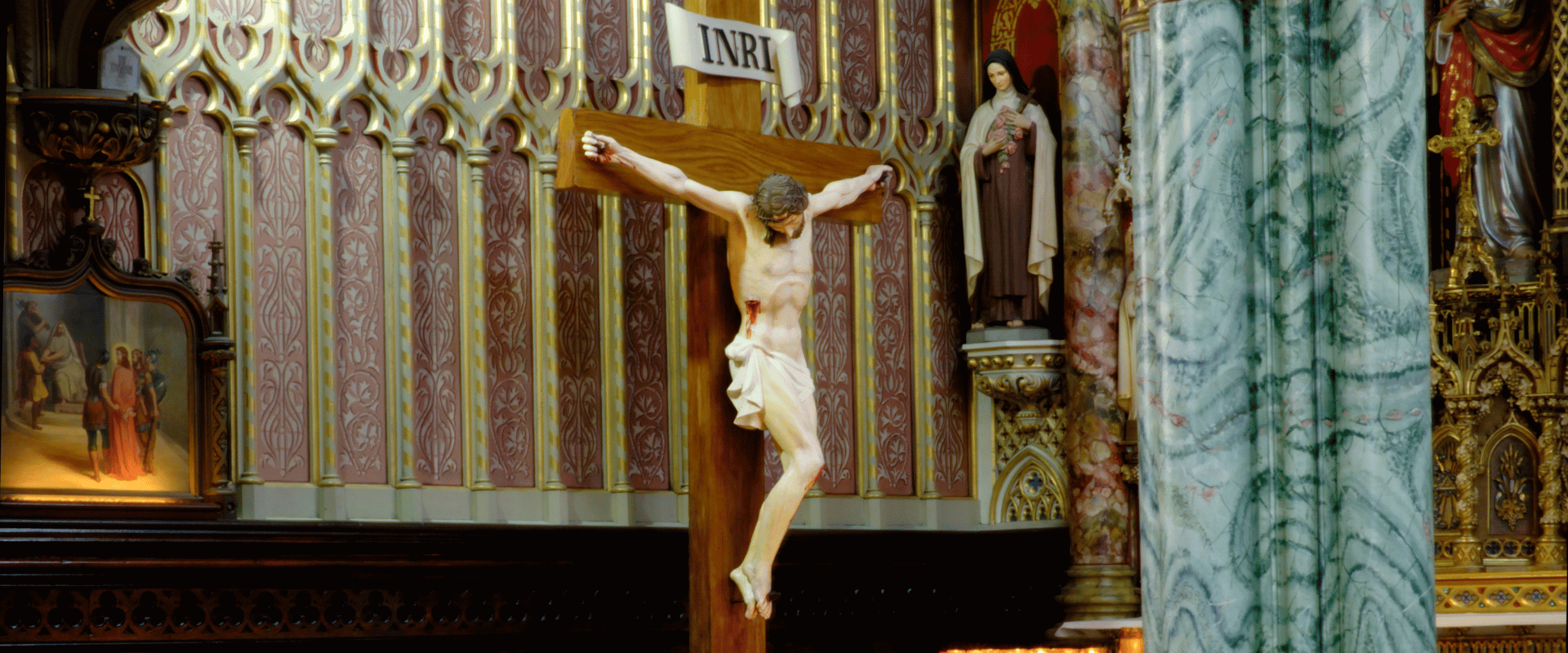
What is Catholicism? A Look at the Catholic Practices
In the rich tapestry of Catholicism, practices and rituals play a crucial role in the spiritual lives of its adherents. Central to these practices are the Seven Sacraments, which are considered the most significant channels of God's grace, mediated through the priesthood.
These sacraments, established during the Fourth Lateran Council in 1215, encompass baptism, penance (now commonly referred to as reconciliation), the Eucharist (communion), confirmation, matrimony, anointing of the sick (formerly extreme unction), and holy orders.
The significance of these sacraments extends beyond their ritualistic and symbolic aspects. They are, as historical developments that have evolved over centuries, deeply embedded in Catholic doctrine and practice.
But liturgy and worship in Catholicism aren’t limited to the sacraments but extend to the structure of the Mass and other devotional practices, such as the veneration of saints. The Mass is divided into two main parts: the Liturgy of the Word, focusing on Scripture readings and a homily, and the Liturgy of the Eucharist, culminating in communion.
This structure serves as a communal expression of faith, connecting participants with the centuries-old traditions of the Church.
In a society where, as one scholar noted, anti-Catholicism is often considered the "last acceptable prejudice," a myriad of misconceptions and questions about Catholic beliefs exist. With this in mind, we'll now delve into some of the most commonly asked questions regarding Catholicism, aiming to provide neutral, scholarly answers that clarify these complex subjects.
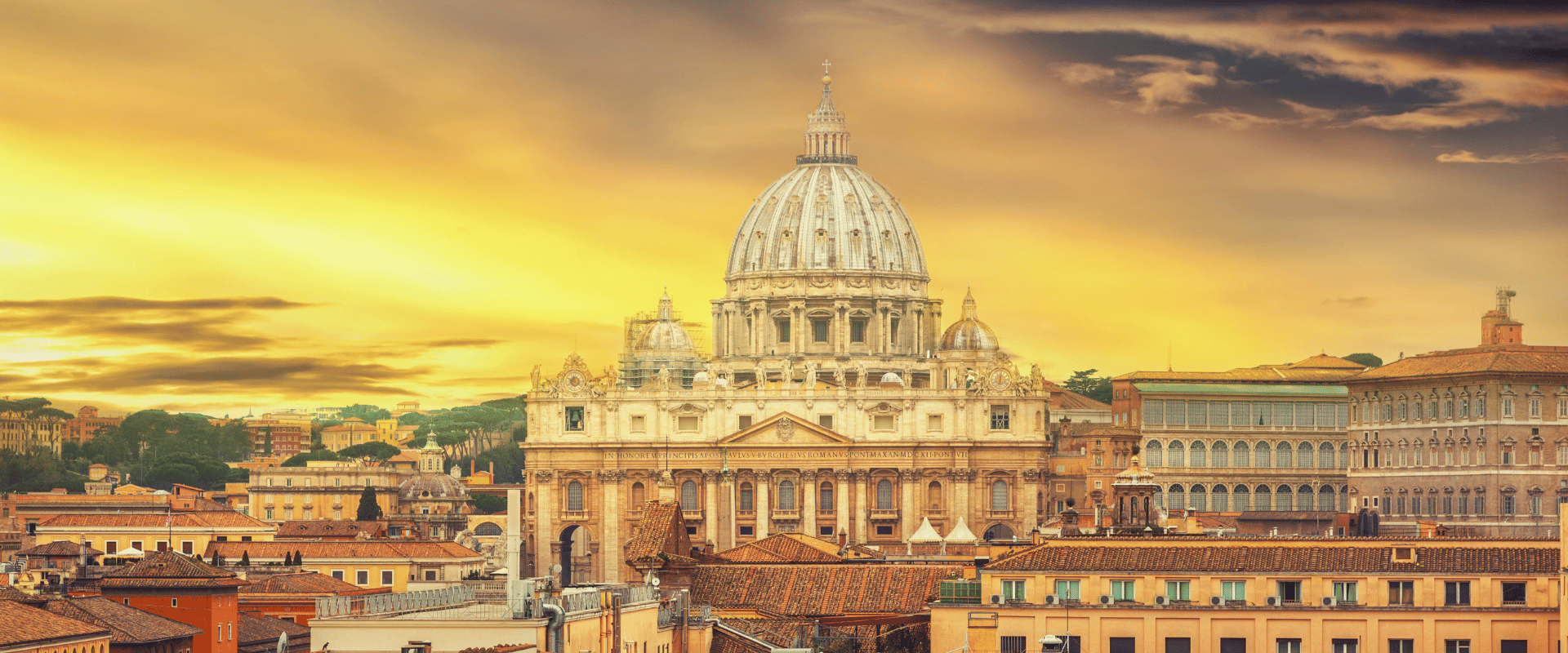
What do Catholics Believe: FAQ about the Catholic Church
Do Catholics Believe in God? As a branch of Christianity, the belief in one God manifested in three persons (Father, Son, and the Holy Spirit) is the essential belief of Catholics. In other words, this belief in the Holy Trinity is central to Catholic doctrine.
Do Catholics Believe in Jesus? Catholics believe in Jesus Christ as the Son of God and the second person of the Holy Trinity. They hold that Jesus is both fully divine and fully human, who died for the sins of humanity and was resurrected, offering salvation to all who believe. This belief is foundational to the Catholic faith and practice.
Who Started the Catholic Church? From a Catholic perspective, the Catholic Church was started by Jesus Christ, who appointed Saint Peter as the first Pope, making him the leader of His disciples and the foundational head of the Church. This is based on interpretations of Matthew 16:18, where Jesus is believed to have established Peter as the rock upon which the Church would be built.
Do Catholics Pray to Saints? Catholics pray to saints, but they don’t worship them. Instead, they view saints as intercessors who can pray to God on their behalf, without considering them equal to Jesus or God, who alone are worthy of worship. This practice is seen as a way to seek guidance and support from those who lived exemplary lives of faith.
Do Catholics Worship the Virgin Mary? Catholics don’t worship the Virgin Mary; they venerate her. Veneration is a form of deep respect and honor, not worship, which is reserved for God alone. Mary is highly regarded in Catholicism as the mother of Jesus Christ and is asked for her intercession with God. To learn more about the Catholic beliefs regarding the Mary, check out our earlier article!
Do Catholics Believe that the Pope is Infallible? Catholics believe the Pope is infallible, but this belief is specific and limited to pronouncements on matters of faith and morals when made ex-cathedra (from the “chair of Saint Peter”). However, this doesn’t mean the Pope is free from error in all his actions or personal opinions. Infallibility is exercised under very specific conditions and doesn’t imply the Pope cannot make mistakes in other areas of life or governance.
Catholicism: Summing up Conclusion
Exploring the depths of Catholicism uncovers a tradition steeped in history, doctrine, and practice, significantly influencing numerous lives and societies across the globe. From its origins to the intricate details of its beliefs and rituals, Catholicism serves as a significant example of how religious faith has historically influenced cultural, social, and individual development.
What do Catholics believe? At its heart, Catholicism is a Christian tradition that professes a profound faith in God as the Holy Trinity, the redemptive mission of Jesus Christ, and the sanctifying power of the Holy Spirit.
This exploration, aimed at shedding light on the Catholic Church, underscores the complexity and diversity of the world's largest religious communities.

